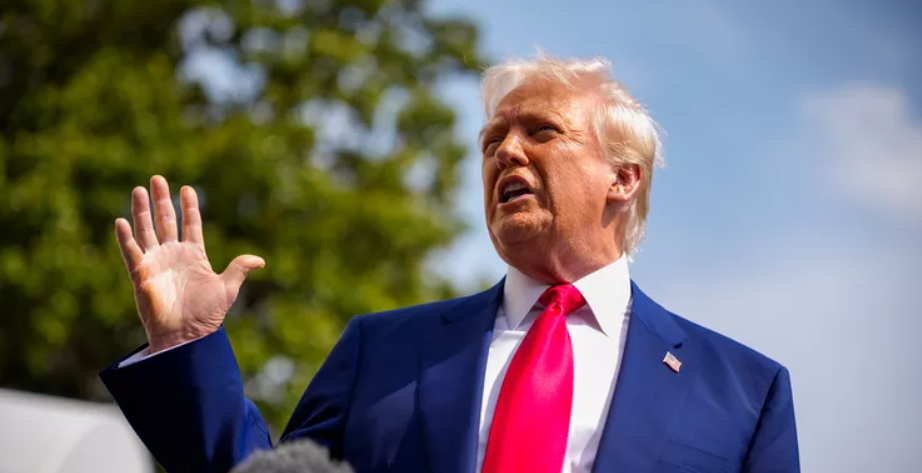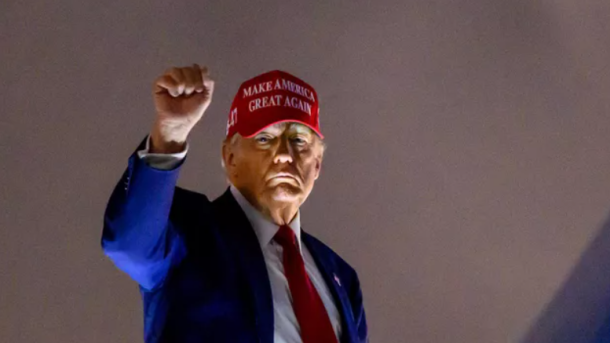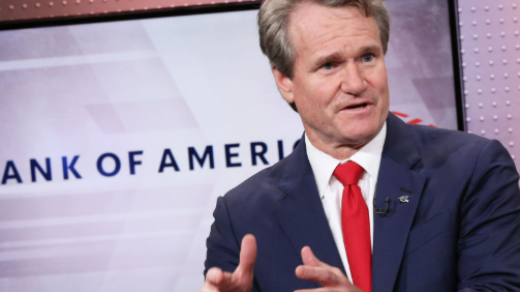The Smoot-Hawley Tariff Act of 1930 is a significant chapter in U.S. economic history that saw tariffs reach unprecedented levels. Fast forward to 2025, and it appears that history might be repeating itself. This week, President Donald Trump introduced a new trade policy aimed at raising the U.S. tariff rate to its highest level since 1909, marking a dramatic shift in U.S. trade policy. Trump’s goal is to return the economy to its state before the income tax was established in 1913, relying heavily on tariffs to fund the government.
The decision to implement such high tariffs, while viewed as a reversal of decades of free trade policies, has raised concerns. Economists have already pointed out the potential negative effects, such as rising living costs and a slowdown in economic growth. Critics of the policy draw clear comparisons to the Smoot-Hawley Tariff Act, which led to a devastating global trade war that exacerbated the Great Depression. As was the case in 1930, many fear that escalating trade disputes could plunge the global economy into a recession.

The Legacy of the Smoot-Hawley Tariff Act and Its Modern-Day Echoes
The Smoot-Hawley Tariff Act was originally enacted in an attempt to protect American jobs and industries during the Great Depression. However, it triggered retaliatory tariffs from other nations, sparking a trade war that devastated global trade. Fast forward to today, and we see a similar approach from President Trump, who aims to safeguard U.S. industries by imposing tariffs on a range of foreign goods. Yet, many economists warn that such protectionist measures could have damaging consequences, just as the Smoot-Hawley Tariff Act did nearly a century ago.
Will the Smoot-Hawley Tariff Act’s Lessons Be Heeded Today?
While tariffs may appear to offer short-term benefits for U.S. industries, history teaches us that their long-term effects can be dire. The Smoot-Hawley Tariff Act serves as a stark reminder of how trade protectionism can lead to retaliatory actions that ultimately harm the economy. Given the global interconnectedness of today’s markets, the risks of escalating trade conflicts are even more pronounced. The question remains whether the U.S. can avoid repeating the mistakes of the past.
Source: www.investopedia.com



